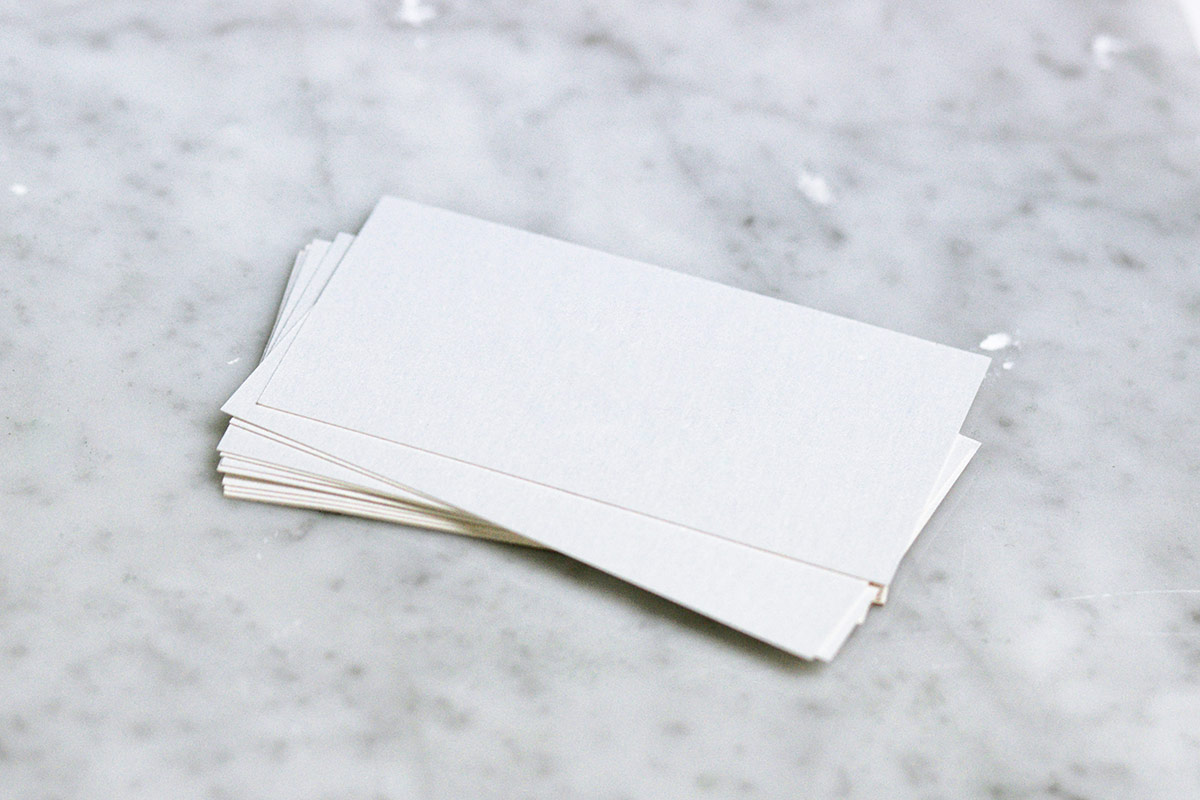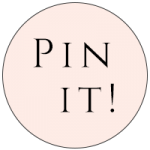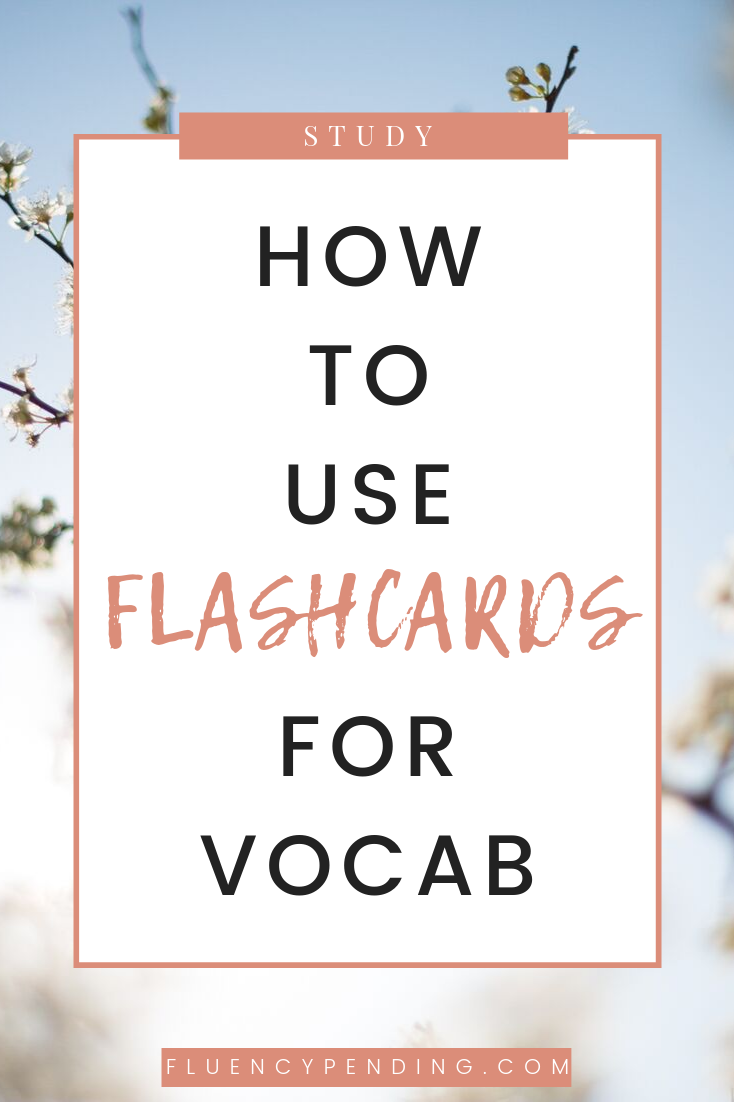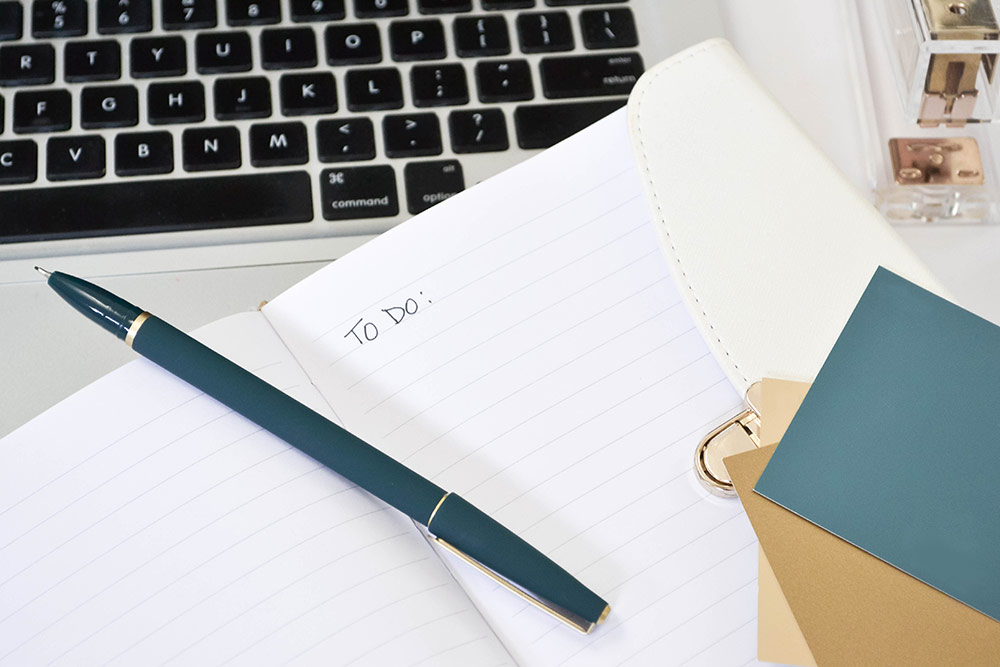
How to Use Flashcards for Language Learning
Please keep in mind that some of the links in this post are affiliate links. In the event of a sale, I will be awarded a small commission (at no extra cost for you). Thank you for supporting my blog!
Do you use flashcards for language learning?
I don’t like using flashcards for learning Chinese vocabulary. There, I said it.
Now, I know there are a lot of you going:

(Translation: You’re crazy!)
Let me explain.
Flashcards and the false productivity trap
This is me:
I have some time to review my vocab. Yay! Let’s pull out some flashcards to learn all the things.
30 minutes later…
I’ve powered through an entire deck. On the surface, I’ve been very productive, but in reality I haven’t taken in a single thing.
I’ve become a flashcard zombie.
How to make flashcards work for you
I’ve heard that flashcards can be a very powerful tool for memorizing short snippets of information such as vocabulary words.
So why isn’t it working for me?
Am I doing it all wrong?
Ready to mend my mindless reviewing ways, I did some research into the best approach to using flashcards for language learning.
Turns out, I have been doing it all wrong.
Here’s what I’ve learned:
Flashcards are for review
Flashcards work best if used to recap information you have already learned and understand.
If your deck is stuffed with words you’re only barely acquainted with, aimless repetition is not going to help very much. Taking the time to properly understand the words and the different contexts in which they can be used will help you move beyond rote memorization.
Make them your own
Many flashcard apps allow you to download pre-made decks on a variety of topics.While this may seem like a great time saver, making your own flashcards can actually help you retain information more easily.
By creating your own deck, you are actively engaging with the content, which helps to reinforce memory. You’re also more likely to remember terms and words that are specific to your own experience than items from a random list.
Another perk of making your own flashcards is that you can customize your cards to suit your learning style, like adding mnemonic devices, personal examples or pictures.
Mix it up
Single-word flashcards (target language word on one side and the English translation on the other side) may work well for some, but sometimes it helps to change things up a bit.
Try out different formats like cloze tests or picture/definition combinations to see what works best for you. Many flashcard apps allow you to embed images, audio clips and videos.
Look into SRS
Spaced repetition software (SRS) programmes like Anki are great for speeding up memorization. These programmes employ algorithms that cleverly manage the frequency at which cards appear to maximise learning efficiency. Those cards marked difficult are shown more frequently while less difficult cards are shown less frequently.
You can also achieve the same effect with your handwritten cards by using the waterfall method. This method is explained really well on the PrepScholar site here.
It’s not a magical cure-all
Flashcards are great, but shouldn’t be used in isolation. Combine them with other study methods like writing out vocabulary, learning words in context through reading, doing practice tests, speaking and doing word puzzles.
Flashcard apps to try
Anki – Probably the most recommended flashcard app I’ve come across. The web and Android applications are free, but the iOS version is paid to help support the developers.
Quizlet – Another popular flashcard app I am keen to try.
Yellowbridge – Great for Chinese language learners. The best thing about Yellowbridge is that you can find the textbook you are using and study flashcards related to your lessons.
With these tips in hand, I am going to have another stab at using flashcards to learn Chinese vocabulary.
Do you use flashcards for language learning? Do they work for you?






2 Comments
Virginia
April 9, 2021 at 4:13 pm
Hi Elzette,
Thanks for this post, I think it’s really useful!
I really want to try out flashcards for my studies in German. I want to add this method to my studying routine and see if my learning process will improve. I will let you know ☺
Virginia
Elzette
April 12, 2021 at 7:44 am
Hi Virginia,
Thanks so much for stopping by. Do let me know how it goes with your German studies!
Comments are closed